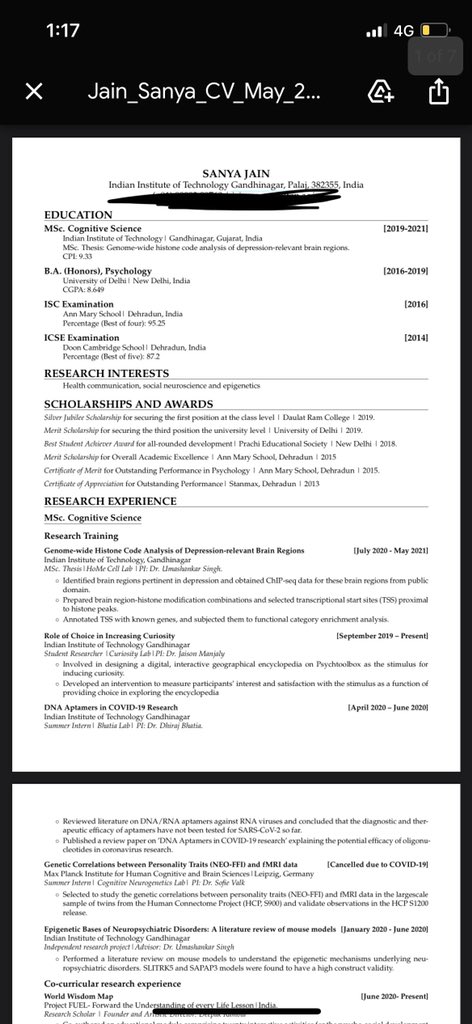
Mistakes that I made while applying for the Swiss government fellowship.
- Started too late
I had received all the information by August last year, but I started contacting profs in mid October.
This gave me very less time to work on my proposal but I succeeded because…….
- Started too late
I had received all the information by August last year, but I started contacting profs in mid October.
This gave me very less time to work on my proposal but I succeeded because…….
the prof was kind enough to modify my proposal in the last hour.
You might not luck out like I did, so start now.
- Didn’t read the document requirements properly.
It was one day before the deadline that I realised that I also had to write an SoP for my application……
You might not luck out like I did, so start now.
- Didn’t read the document requirements properly.
It was one day before the deadline that I realised that I also had to write an SoP for my application……
Thankfully, I was able to craft a good one, but I had to sacrifice my entire sleep because of it. Not worth it.
- Waited till the deadline to submit
For this fellowship, you are likely to submit the hard copies of the documents to the embassy (like me) via courier…..
- Waited till the deadline to submit
For this fellowship, you are likely to submit the hard copies of the documents to the embassy (like me) via courier…..
I sent the package just one day before the deadline through fastest delivery by @DHLGlobal
It caused me a lot of stress because I underestimated how easily I could find a reliable courier service amid COVID-19.
-Got too late for the health checkup: another stressor.
It caused me a lot of stress because I underestimated how easily I could find a reliable courier service amid COVID-19.
-Got too late for the health checkup: another stressor.
What I did right throughout the process that helped me win?
I remained consistent at every point. Tried my level best even when my recommender said that he couldn’t give me a hard copy of the sealed LoR because he was quarantined.
I still didn’t lose hope and communicated….
I remained consistent at every point. Tried my level best even when my recommender said that he couldn’t give me a hard copy of the sealed LoR because he was quarantined.
I still didn’t lose hope and communicated….
the situation with the embassy and things got sorted!
I cried multiple times because I didn’t feel my proposal sounded right, but I wiped the tears and sought advice from my seniors, which helped me effect desirable changes.
-Finally, I asked a friend to review the entire….
I cried multiple times because I didn’t feel my proposal sounded right, but I wiped the tears and sought advice from my seniors, which helped me effect desirable changes.
-Finally, I asked a friend to review the entire….
application.
He was able to point out a lot of silly mistakes which I couldn’t due to the stress of deadlines.
My success was a combination of both luck and hard work.
You may not luck out like I did, so start now, don’t leave things till the end.
@PhDVoice @PhDfriendSana
He was able to point out a lot of silly mistakes which I couldn’t due to the stress of deadlines.
My success was a combination of both luck and hard work.
You may not luck out like I did, so start now, don’t leave things till the end.
@PhDVoice @PhDfriendSana
• • •
Missing some Tweet in this thread? You can try to
force a refresh













